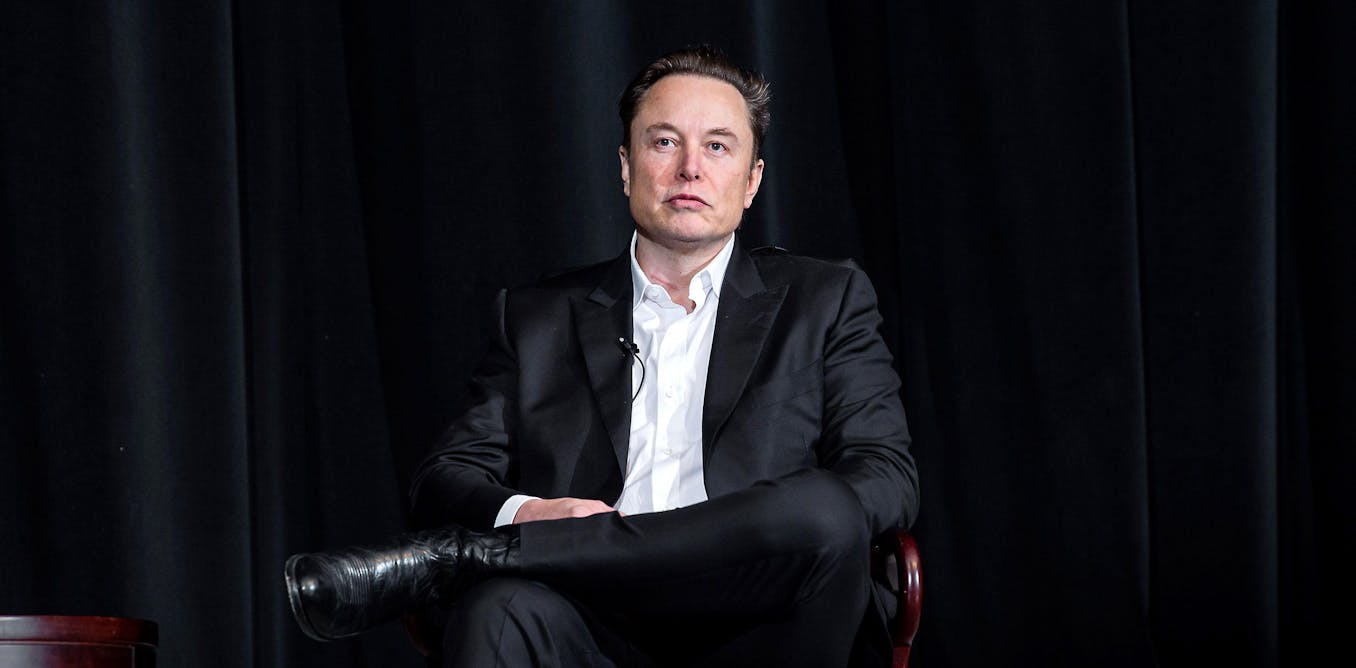
In recent times, the world has been captivated by developments in global politics, particularly concerning high-profile figures like former President Donald Trump and tech billionaire Elon Musk. Their unconventional approaches have incited a mixture of fascination and concern among international leaders.
During his first term, Trump demonstrated a penchant for influencing foreign affairs, as seen in his engagement with Britain amidst the Brexit chaos and in his controversial dealings with North Korea’s Kim Jong-Un. However, Musk is raising the stakes even higher, exerting his influence over global politics through social media platforms and direct interactions with decision-makers worldwide. This new phenomenon has led many to view Musk as a “disruptor” akin to Trump, but with a more self-directed agenda. Unlike Trump’s “America First” pragmatism, Musk appears to craft a personal foreign policy that’s as surprising as it is audacious.
In the last half-year, Musk’s actions across numerous countries have sparked discussions about the role of billionaires in politics. Initially seen as a playful provocateur, his increasingly targeted involvement has raised alarms. Concerns have arisen about Musk’s alleged attempts to destabilize political landscapes, particularly through his alignment with far-right movements in places like Germany and the UK. President Biden has alluded to the burgeoning influence of wealthy individuals like Musk, making it clear that such dynamics could pose challenges to traditional governance structures.
Musk’s influence extends beyond simple commentary; he has shown a willingness to back specific politicians and parties, sometimes funding candidates who align with his views. His proclamations about free speech and political engagement create a complicated landscape where it’s difficult to separate his personal interests from broader U.S. foreign policy initiatives.
As the world watches, the nature of Musk’s involvement begs the question: whose interests does he truly represent? While his objective may be to promote freedom of expression and innovation, his methods risk overshadowing democratic processes in nations struggling with governance. The situation poses significant questions about how countries can respond to interference from influential figures, particularly as the lines between political and corporate influence continue to blur.
As we transition into a new era of leadership, marked by the unfolding dynamics between personal influence and government actions, it remains to be seen how these complex relationships will shape global politics. The ramifications of Musk’s approach could redefine not only international relations but also the very fabric of democracy itself.


